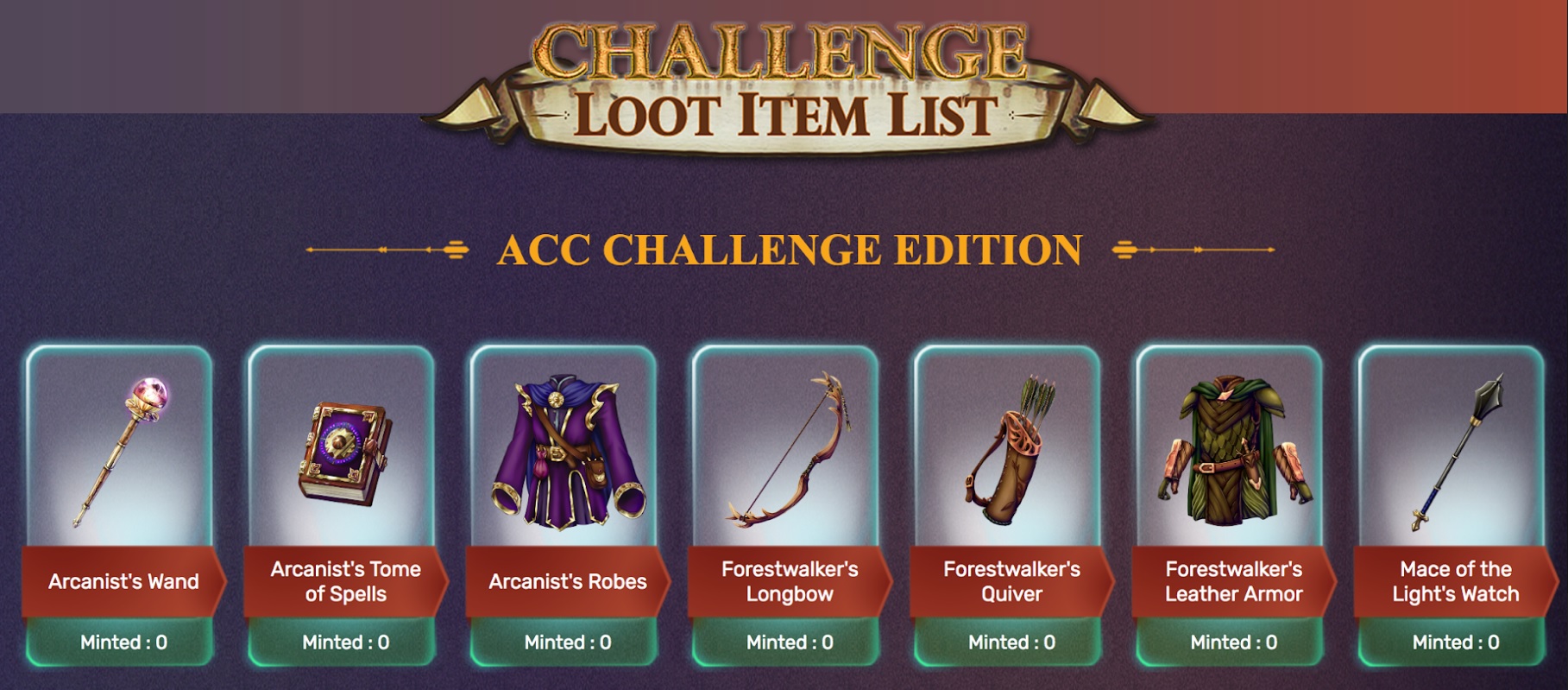Alto.io wants to get consumers to start embracing cryptocurrency and blockchain in a bigger way. So the company announced it will support the Hedera Hashgraph platform with its own application that makes commerce possible.
Alto.io has created a tool, the Alto Forge, that enables game and app developers to mint non-fungible, fully tradeable crypto items and integrate them into their games. Developers can create storefronts where they can sell the crypto items or hold presales.

Unlock premium content and VIP community perks with GB M A X!
Join now to enjoy our free and premium membership perks.
![]()

![]()